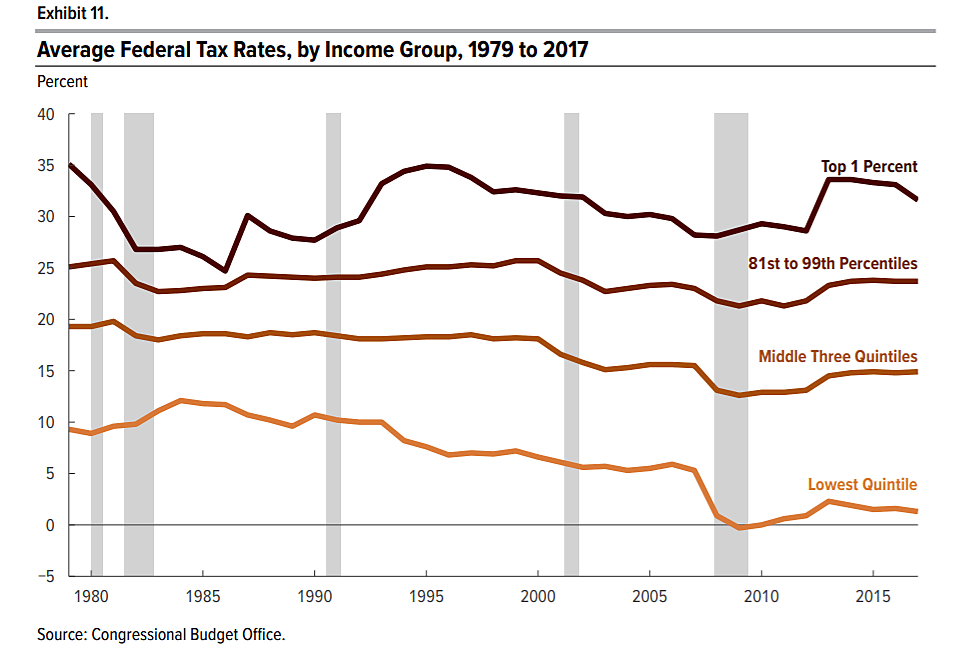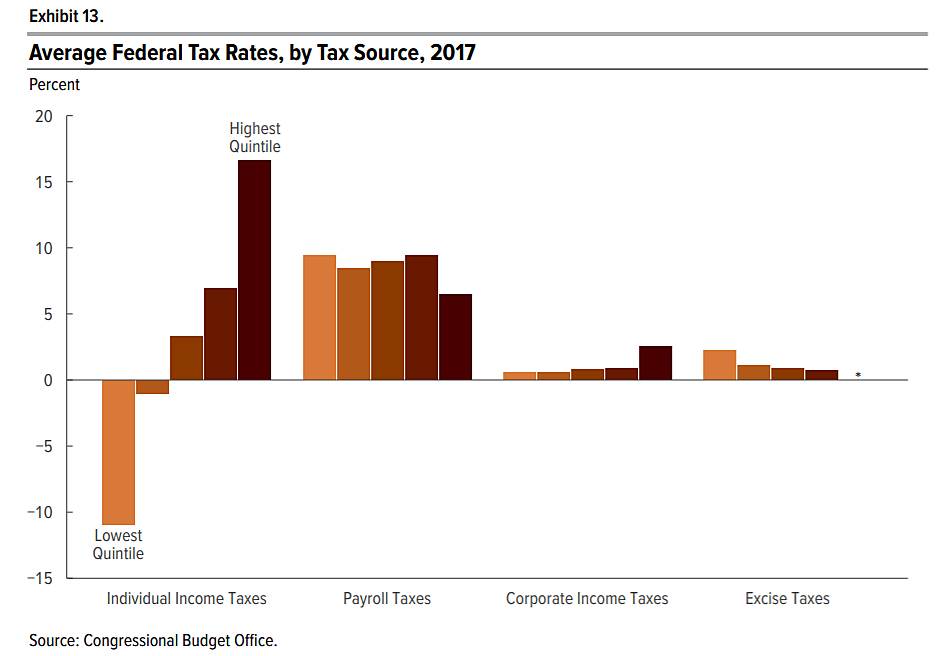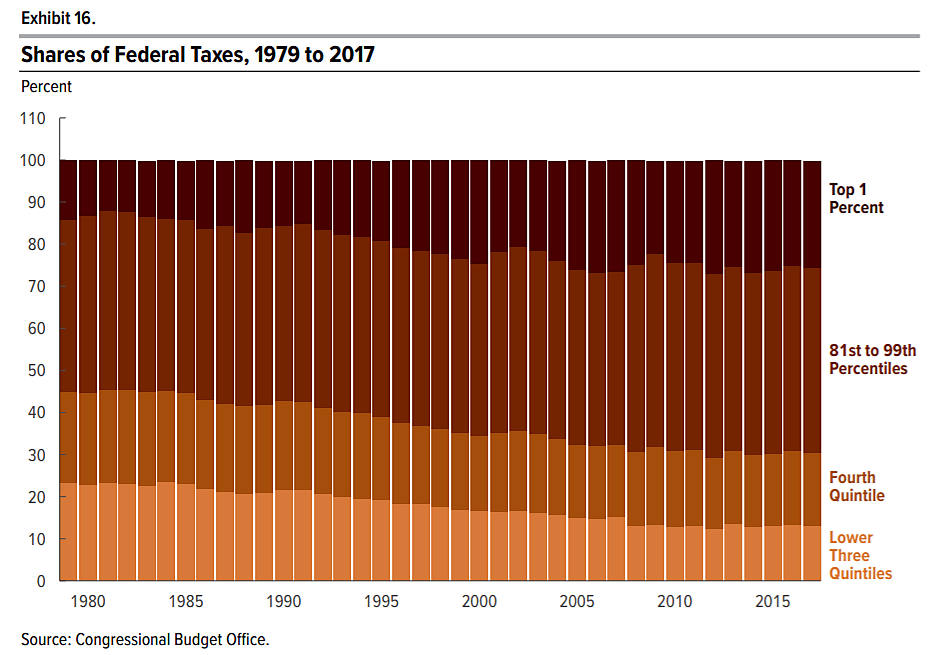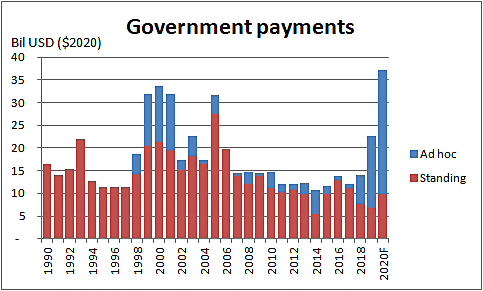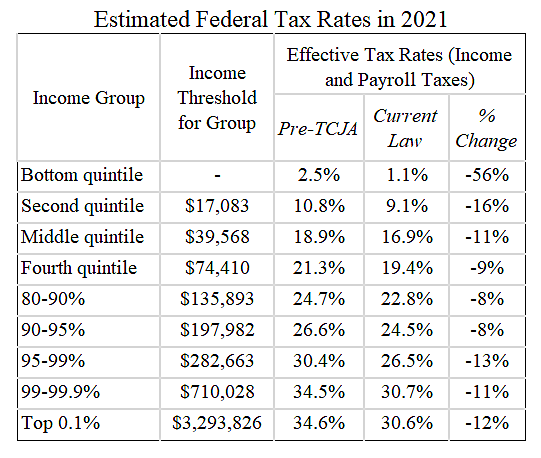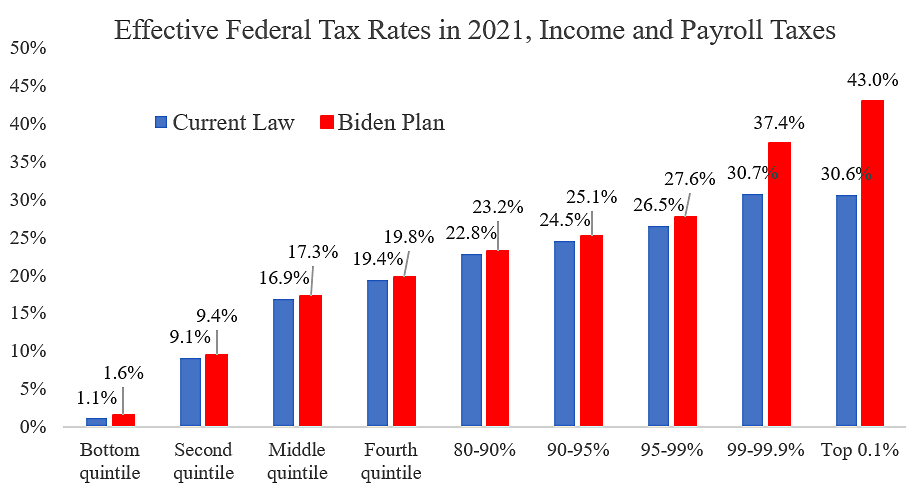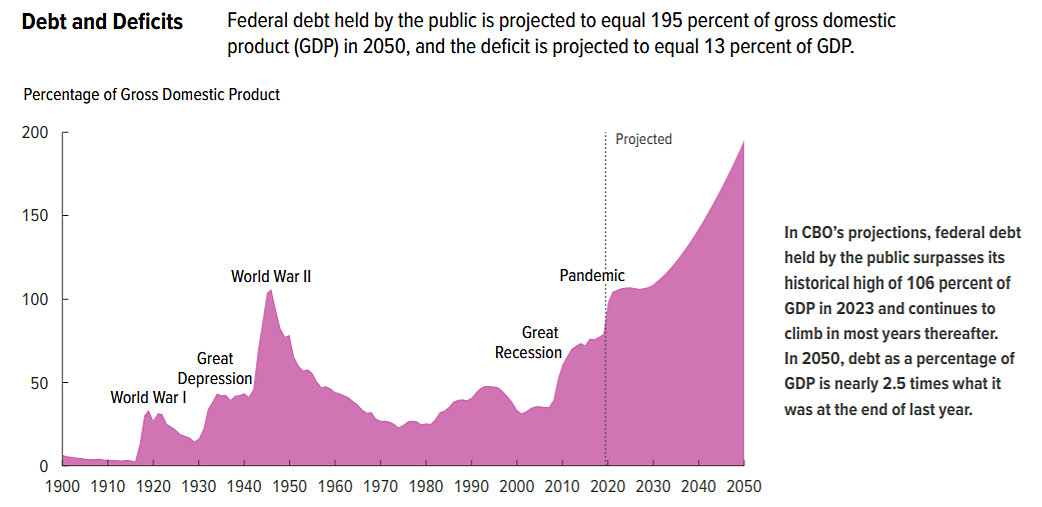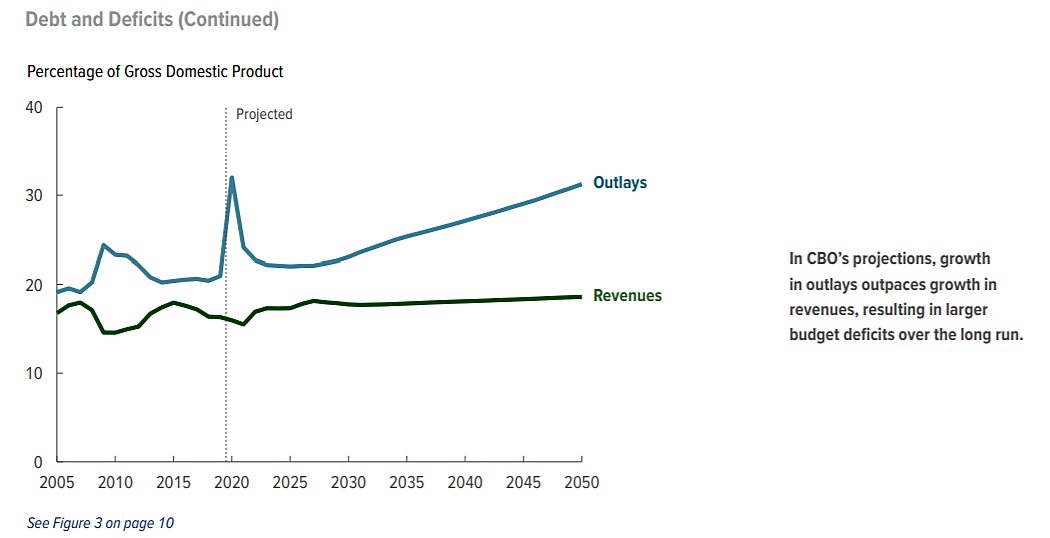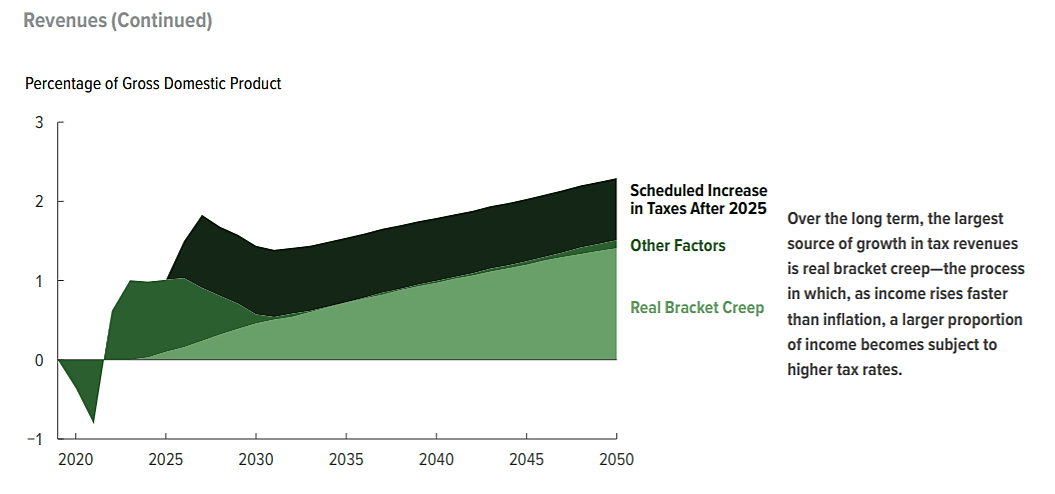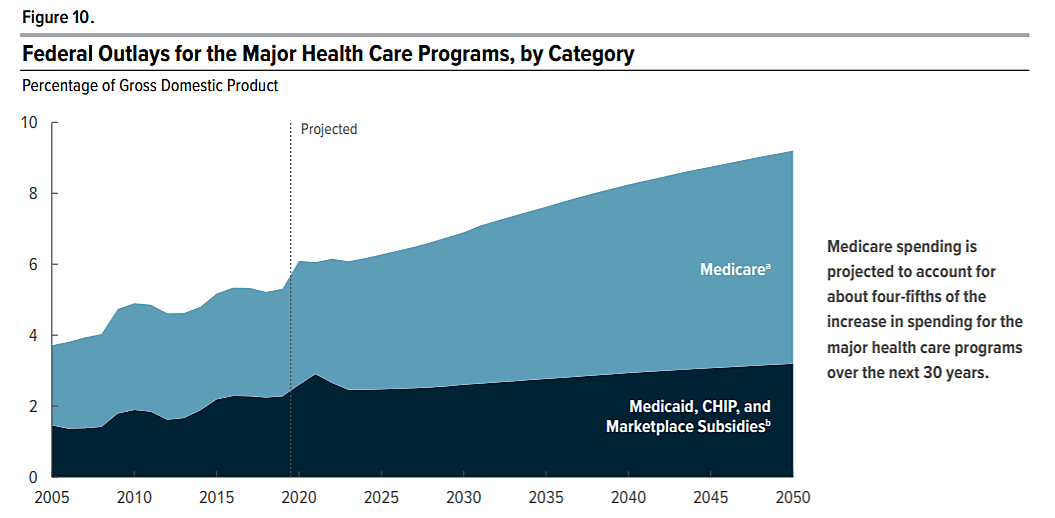This election, Americans will not only be choosing politicians for office but also whether to increase or decrease taxes in many places.
In Arizona, voters will decide on Proposition 208, which would raise income taxes by 3.5 percentage points on high earners. Polls are showing the proposition may pass.
In Illinois, voters will decide whether to amend the state constitution to convert the state’s flat individual income tax into a multi-rate system. The current income tax rate of 4.95% would be replaced by a six-rate system with a top rate of 7.99%.
The Illinois ballot measure was spearheaded by Governor J.B. Pritzker, who received an “F” on the new Cato Institute fiscal report card. According to Ballotpedia, billionaire Pritzker has personally contributed $56 million to the 2020 ballot campaign for passage.
Which side do voters usually take on income tax ballot questions? My intern, Hunter Brazal, looked through Ballotpedia over the 2010 to 2019 period to find statewide individual income tax measures. He found 20 including 13 aimed at increasing taxes and 7 aimed at cutting or limiting taxes.
To increase the appeal of tax-increase proposals, supporters often pair them with promised increases in specific spending. Arizona’s Proposition 208, for example, promises to increase education spending.
There is modestly good news: voters favored the small-government side on 12 of the 20 tax measures. Here are the results with vote percentages from Ballotpedia:
Wins for Bigger Government
- In 2016, California Proposition 55 would extend the Proposition 30 (2012) tax rate increases on high earners to fund education and healthcare. Passed 63.3 to 36.7.
- In 2016, Maine Question 2 would raise the income tax rate three percentage points on high earners to fund education. Passed 50.6 to 49.4. The governor and legislature subsequently repealed the increase.
- In 2014, an Illinois question would amend the constitution to increase the income tax rate by 3 percentage points on high earners to fund education. Passed 60.0 to 34.2 (with 5.8 not voting on this question). The question was advisory only and not implemented.
- In 2012, New Hampshire CACR 13 would amend the constitution to ban new taxes on personal income. Passed 57.1 to 42.9 but came short of the needed two-thirds vote.
- In 2012, California Proposition 30 would increase income tax rates on high earners including a new top rate of 13.3 percent. It would also raise the sales tax rate. Passed 55.4 to 44.6.
- In 2012, Michigan Proposal 5 would amend the constitution to require supermajorities in the legislature or statewide voter majorities to raise taxes. Failed 31 to 69.
- In 2010, Oregon Measure 66 would raise the top income tax rate. Passed 54.3 to 45.7.
- In 2010, Colorado Proposition 101 would cut the income tax rate, limit vehicle fees, and reduce other taxes and fees. Failed 32.3 to 67.7.
Wins for Smaller Government
- In 2019, Texas Proposition 4 would amend the state constitution to prohibit individual income taxes. Passed 74.4 to 25.7.
- In 2019, Washington Advisory Vote 20 would approve an 0.58 percent wage tax to fund healthcare services. Failed 37.1 to 62.9.
- In 2019, Colorado Proposition CC would retain tax revenue for spending rather than refund it to taxpayers under TABOR. Failed 46.3 to 53.7.
- In 2018, Maine Question 1 would raise wage and nonwage taxes on high earners to fund a home care program. Failed 37.1 to 62.9.
- In 2018, a North Carolina ballot question would amend the constitution to reduce the maximum allowable income tax rate from 10 percent to 7 percent. Passed 57.4 to 42.7.
- In 2018, Colorado Amendment 73 would raise income tax rates for high earners to fund education. The state’s flat-rate tax of 4.63 percent would be replaced by a multi-rate system with rates up to 8.25 percent. Failed 46.4 to 53.6.
- In 2014, Georgia Amendment A would amend the constitution to prohibit increases in the maximum income tax rate above 6 percent. Passed 73.9 to 26.1.
- In 2014, Tennessee Amendment 3 would prohibit the legislature from imposing any state or local tax on wages or earned income. Passed 66.2 to 33.8.
- In 2013, Colorado Amendment 66 would amend the constitution to replace the 4.63 percent income tax with a multi-rate system having rates of 5.0 percent and 5.9 percent. The higher revenues would fund education. Failed 35.5 to 64.5.
- In 2012, California Proposition 38 would increase income tax rates for nearly all households to fund education. Failed 28.7 to 71.3.
- In 2011, Colorado Proposition 103 would increase the income tax rate from 4.63 percent to 5.0 percent, as well as increase the sales tax rate to fund education. Failed 36.3 to 63.6.
- In 2010, Washington Initiative 1098 would impose an income tax on high earners. Failed 35.9 to 64.2.
I have discussed many of these ballot questions in current and past issues of Cato’s Fiscal Report Card on the Governors.
